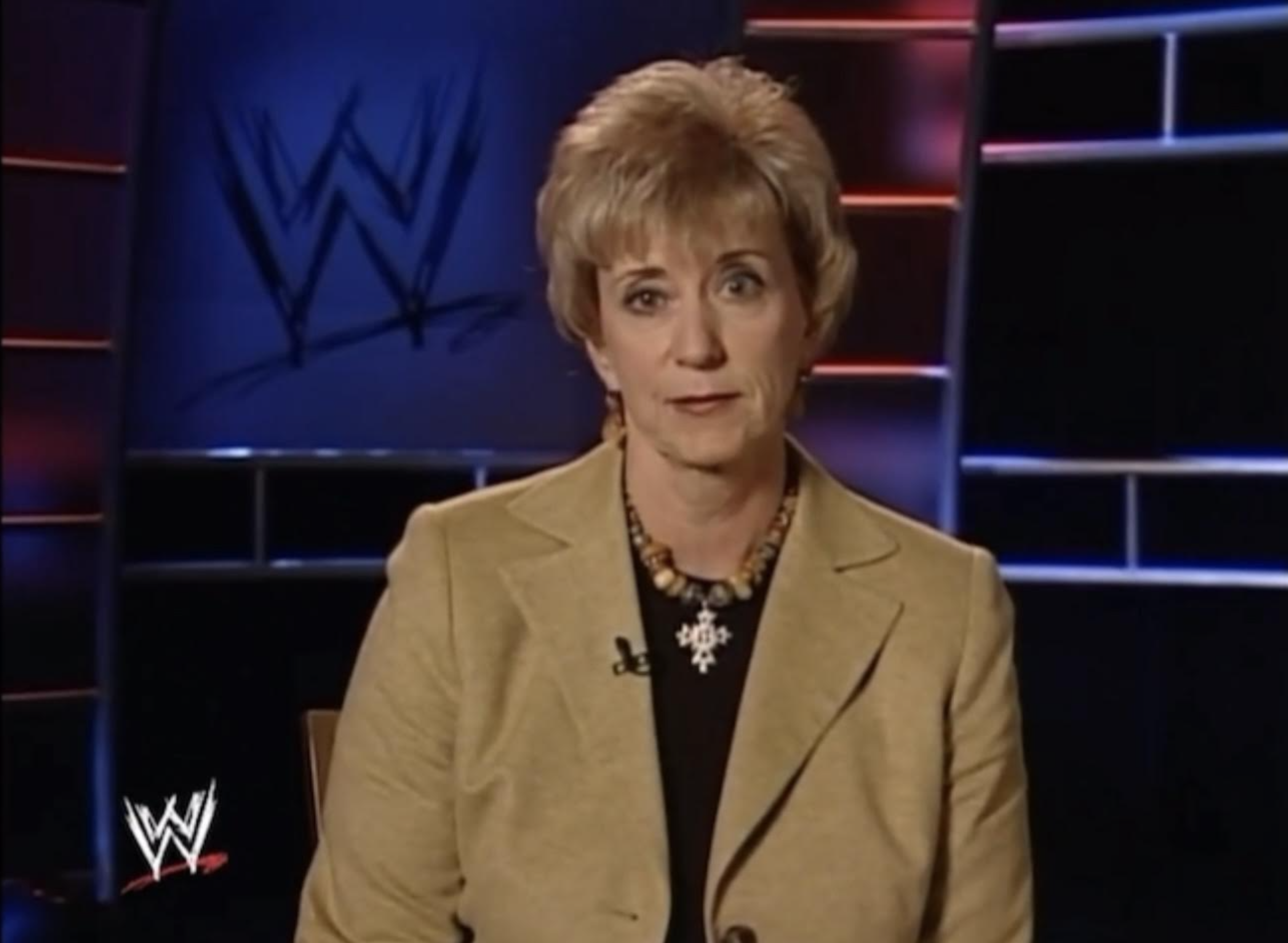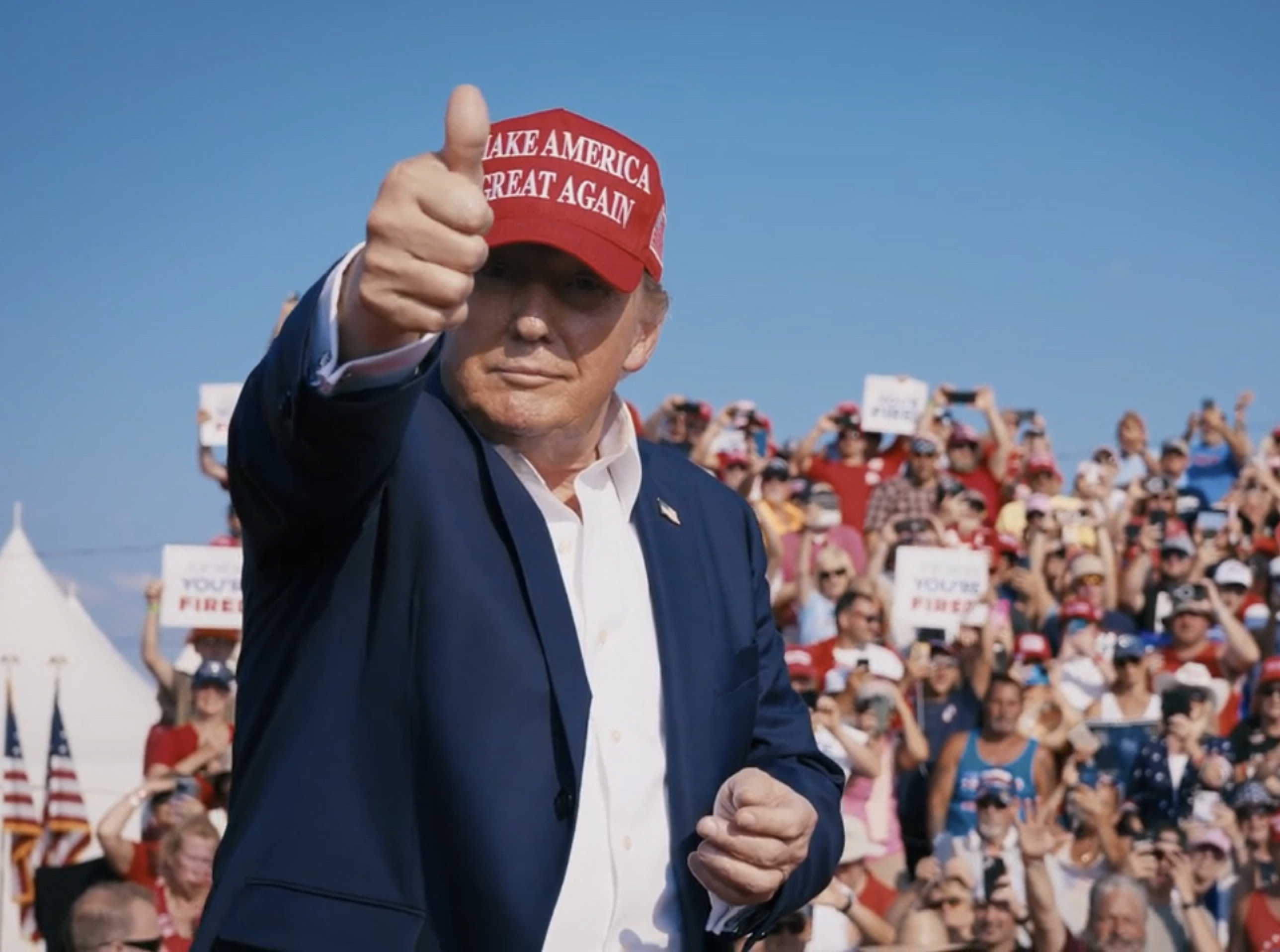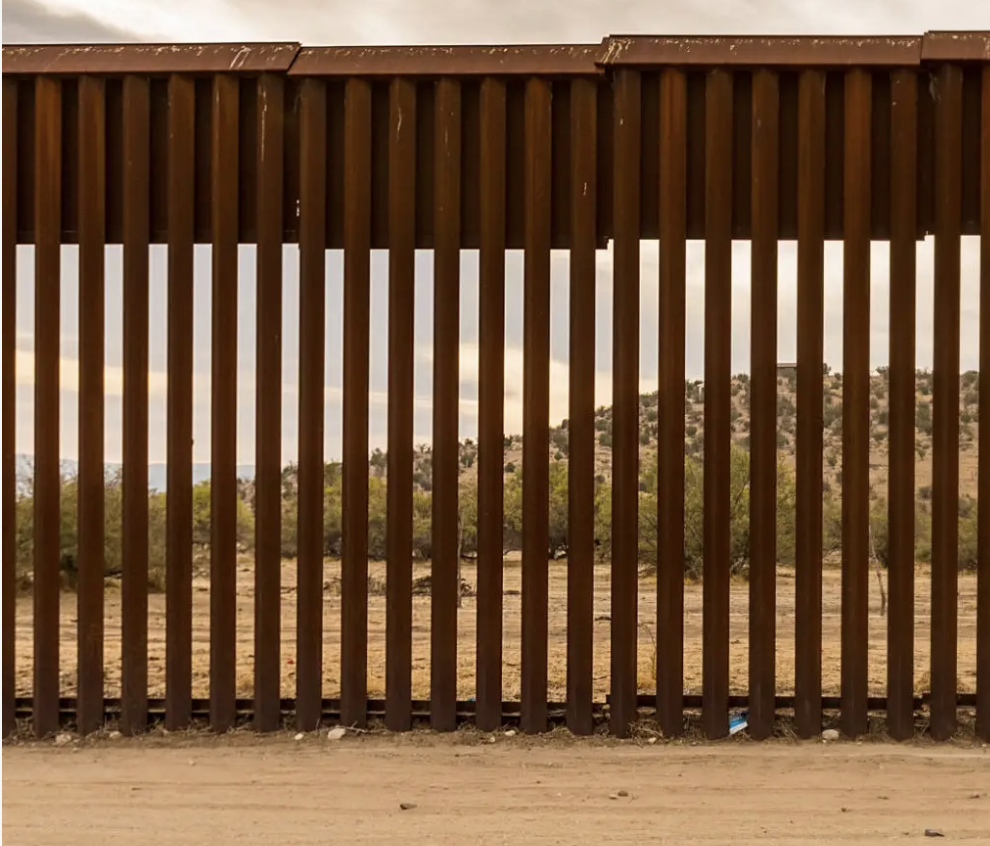Malaika explores the critical importance of promoting global thinking in education
By: MALAIKA TOLFORD
Staff Writer

As International Education week draws to a close on STLCC campuses, our student body has had time to reflect on the meanings of “International Education.” The theme of the college’s activities this year was “International Education: Learning Matters around the World.” The phrasing is somewhat ambiguous. Does it mean that learning is important around the world, or that Meramec is showcasing international issues in education? Either way, both versions capture the critical importance of promoting global thinking in education.
International Education can mean a learning that transcends borders in the exchange of students internationally. It can also mean teaching students about global intricacies in order to prepare them for a future in an increasingly connected planet. Education in the U.S. would be smart to emphasize these types of studies in the curricula, in both primary and secondary education. Even if a person chooses never to leave the country, they would have to be in serious denial to think they would never interact with people from different cultures, or even foreigners living and working in the U.S. and they would have to be crazy to deny their part in a globalized society.
Unfortunately, the U.S. is full of people that deny this cultural plurality. It can be seen in politicians who run on anti-immigration platforms making their fears of non-white America embarrassingly obvious. It can be seen in Arizona, where a ban on ethnic studies from curricula in Tuscon was upheld by a judge this spring. What do politicians and educators seek to gain from attempting to further alienate large swaths of the fabric of a very diverse nation?
Othering people and denying the vibrant ethnic makeup of our society does nothing to better it. If the U.S. denies racial issues and ignores the need to study history from more than one vantage point, where does that leave the U.S. on the international playing field? How the U.S. responds to an increasingly interconnected global society largely depends on how it handles its own cultural pluralism. True global thinking through international education is hard to achieve when our society is caught up in its own multicultural debate.
In 2005, conservative pundit Rush Limbaugh criticized Evanston Township High School’s global perspective requirement where students chose two semester long history courses that focused on regional history such as Latin American, Middle Eastern or Russian. His argument was that such a multicultural approach undermines American culture and values.
That can only be true if America’s values are to deny cultural pluralism and ensure that young citizens have no cultural context for the complex issues facing our international communities. Many universities have a global studies requirement, or some sort of cultural understanding equivalent, but not enough. Many just have some sort of social sciences requirement, some going further to require an anthropology or cultural geography course. The worry is that if little is understood about cultural history, how can effective global consciousness be taught?
In order for events like International Education week to be successful, they need to be supplementary to an already vibrant cultural studies curriculum. Hopefully the students, faculty and community members who attended the week’s events were able to take in the importance of learning, thinking and hopefully acting globally.










